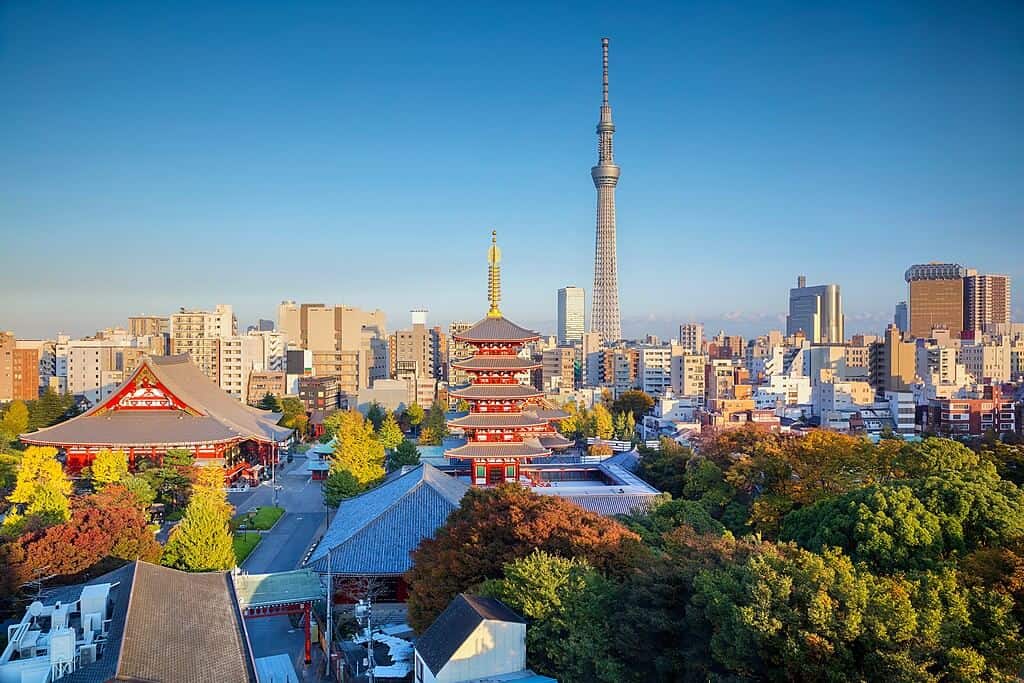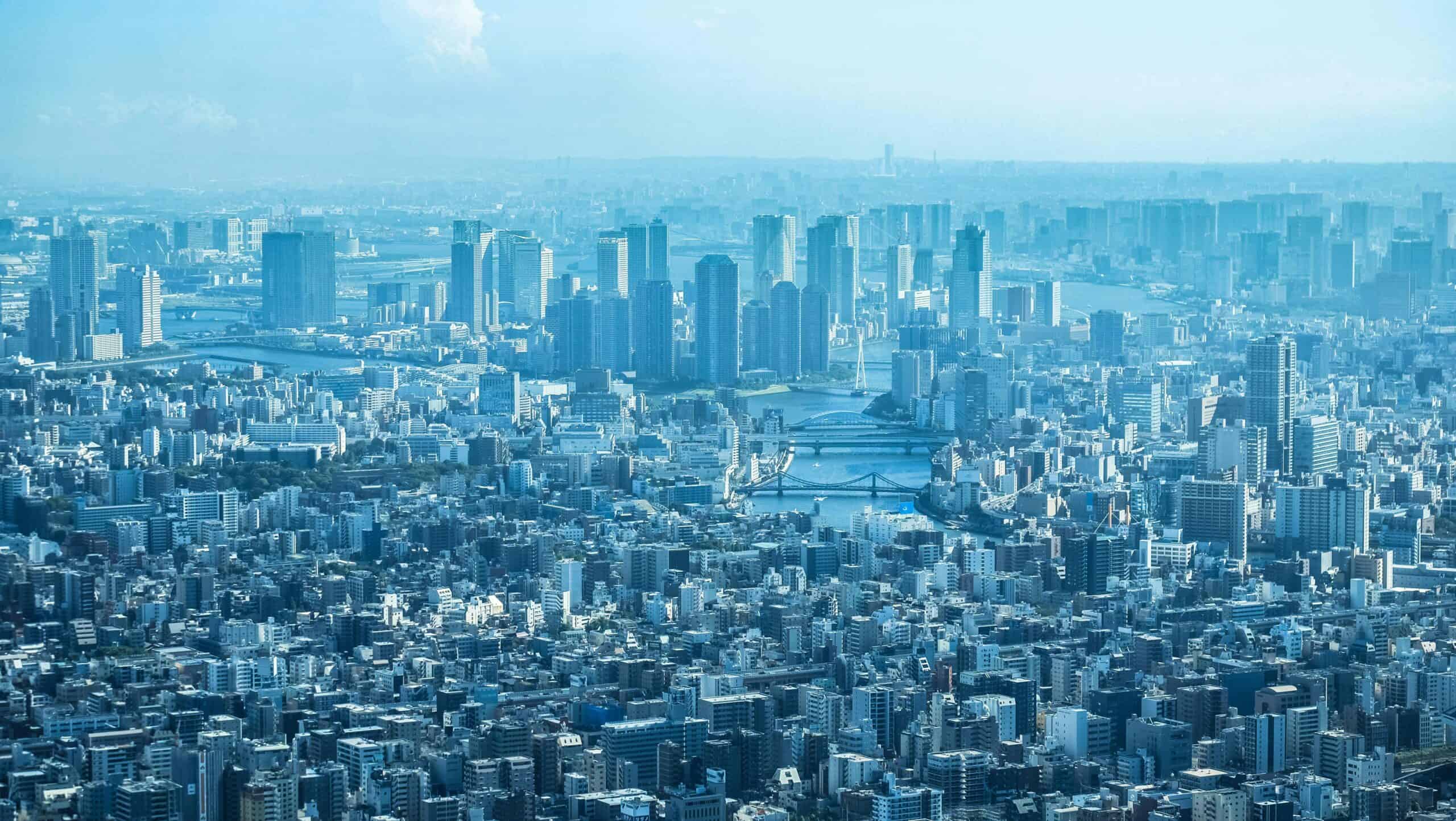Introduction
Japan is renowned for its unique culture, stunning landscapes, and technological innovations, drawing travelers, students, and expatriates worldwide. The country’s appeal extends beyond tourism, as its real estate market has garnered increasing interest from international buyers. Japan’s low crime rate, efficient infrastructure, and high standard of living make it a highly desirable location for individuals seeking property investments or a place to call their second home. However, the question remains for those outside Japan: Can a foreigner legally buy property in Japan? If so, what should prospective buyers know before investing in this fascinating country?

Can a Foreigner Buy Property in Japan?
The simple answer is yes—Japan places no restrictions on foreign real estate ownership. Foreigners can buy residential, commercial, or land properties without holding permanent residency or other special status. Unlike many countries that limit foreign property ownership to specific types or require special permits, Japan’s real estate laws are straightforward. This openness has contributed to a thriving property market that attracts investors, expatriates, and retirees worldwide.
Understanding the Legal Framework
Japanese law does not impose any nationality-based restrictions on property purchases. This means foreigners can purchase, own, and sell real estate with the same rights as Japanese citizens. Even if you live abroad, you can still acquire property in Japan. Ownership rights in Japan are also fully transferable, and land ownership in Japan is freehold, meaning buyers acquire both the property and the land on which it stands.
That said, while Japan’s property market is accessible to foreigners, it’s essential to understand the regulations and tax implications associated with owning property there. International buyers should be mindful of property registration, annual taxes, and inheritance tax, which can affect long-term ownership.

Why Buy Property in Japan?
Japan’s welcoming policy toward foreign real estate buyers, several key benefits, and unique attractions make it an appealing choice for property investment. Here are some compelling reasons why investing in Japanese real estate could be wise.
Strong Economic Stability and Low Inflation
Japan is one of the world’s most economically stable nations, with a high GDP and minimal inflation rates. This stability translates into a secure real estate market where property values experience less volatility than in other global cities. Investing in Japanese property provides international buyers a low-risk environment, making it especially attractive to those seeking stable, long-term investments.
Competitive Property Prices and Interest Rates
Japan’s property prices remain relatively affordable compared to many Western countries and major cities worldwide, especially in the towns outside Tokyo. Even within Tokyo, it’s possible to find cheap apartments and houses in various neighborhoods. Additionally, Japan offers low mortgage interest rates, allowing foreign buyers eligible for financing to access reasonable lending rates, which can lower the overall cost of property acquisition.
High Return on Investment for Rentals
Japan’s rental market has grown with tourism increasing yearly, mainly from neighboring countries. Rental returns can be substantial for foreigners looking to invest in rental properties, particularly in high-demand areas such as Tokyo, Osaka, and Kyoto. Property near business districts, universities, or tourist hotspots will likely yield steady rental income. This is further enhanced by Japan’s reputation as a clean, safe country, which attracts long-term tenants and stable rental demand.

Advantages of Owning Property in Japan
In addition to economic stability, affordability, and rental potential, Japan’s property market has numerous other advantages that make it a top choice for foreign investors.
Accessible Property Market for Foreigners
One of the most significant advantages of investing in Japanese real estate is the lack of restrictions on foreign ownership. Whether you’re looking to purchase a single apartment, a detached house, or an entire building, the process is accessible to international buyers without needing residency status. This creates an inclusive environment that welcomes diverse investors from around the globe.
Transparent and Secure Legal Process
Japan’s legal process for property transactions is explicit, systematic, and highly regulated. Licensed real estate agents and legal professionals manage property transactions and ensure transparency, reducing fraud-related risks or unclear ownership. Japan’s straightforward legal framework provides an additional layer of security for international buyers unfamiliar with the country’s language or legal system.
Low Property Taxes Compared to Global Standards
Japan has relatively low property taxes, which makes it more appealing than other countries with high annual property taxes. While property acquisition requires an upfront registration tax and fixed annual taxes, these costs are manageable for most foreign investors. In particular, Japan’s inheritance tax only applies to assets within Japan, allowing foreign owners to avoid taxation on overseas investments.
Wide Range of Property Options and Price Points
Japan offers diverse property options, from luxurious high-rise apartments in Tokyo to traditional wooden houses in Kyoto to affordable suburban homes. This variety ensures buyers with different budgets and preferences can find a property that suits their needs. Foreign buyers can explore investment properties, vacation homes, and even rural properties in picturesque areas for a peaceful retreat.
Investment in a Culturally Rich and Technologically Advanced Society
Owning property in Japan offers more than just financial investment; it provides a gateway to experience one of the world’s most fascinating cultures. Japan is known for blending ancient traditions and modern innovations, offering a lifestyle that is hard to find elsewhere. Furthermore, Japan’s advanced infrastructure, healthcare, and technology improve the quality of life, making it an ideal location for families, retirees, and tech enthusiasts.

Popular Locations for Property Investment in Japan
Different regions of Japan offer unique attractions, whether you’re interested in bustling city life, scenic landscapes, or historical landmarks. Here are some popular areas among foreign property buyers:
Tokyo: As Japan’s capital and largest city, Tokyo is the first choice for many investors. Known for its vibrant cityscape, modern architecture, and rich nightlife, Tokyo offers diverse property options, from luxury apartments in Shibuya to quaint houses in quieter neighborhoods.
Osaka: Usually called the culinary capital of Japan, Osaka offers a relaxed vibe and a welcoming culture. With lower property prices than Tokyo, Osaka provides good investment opportunities and a high quality of life. It’s also a hub for business, education, and tourism.
Kyoto: Famous for its traditional wooden houses and historic temples, Kyoto attracts those interested in a peaceful environment with deep cultural significance. Although property prices here are higher than in rural areas, Kyoto remains a popular choice for investors looking to capture the spirit of old Japan.
Hokkaido: For those looking for scenic landscapes, Hokkaido is Japan’s northernmost island, known for its skiing resorts, lush nature, and open spaces. Hokkaido offers affordable properties, making it suitable for buyers interested in vacation homes or rural properties.
Frequently Asked Questions(FAQs):
1. Do I need a visa or residency to buy property in Japan?
No, foreigners do not need a visa, residency, or special permits to buy property in Japan. Property ownership is open to anyone, regardless of residency status.
2. Can foreigners get a mortgage in Japan?
Yes, certain Japanese banks and lenders offer mortgages to foreigners, but the conditions may vary depending on residency status, income, and credit history. Non-residents may face stricter requirements or higher down payments.
3. What are the taxes associated with buying property in Japan?
Buyers typically pay an acquisition, registration, and fixed asset tax when purchasing a property. Property owners are also subject to annual property taxes based on the property’s assessed value.
4. Can I rent my property if I’m not in Japan?
Yes, foreigners may rent out their property in Japan. However, if you plan to do so, you should hire a local property management company, as they can handle tenant issues, property maintenance, and rent collection.
5. Are there restrictions on the type of property foreigners can buy?
No, foreigners can buy various property types, including land, residential buildings, apartments, and commercial properties, without restrictions.
6. What should I know about inheritance tax if I own property in Japan?
Inheritance tax applies to all Japanese assets, but if you are a foreign owner and live abroad, the tax generally applies only to your Japanese assets, not your global assets. It is advisable to consult with a tax professional.












